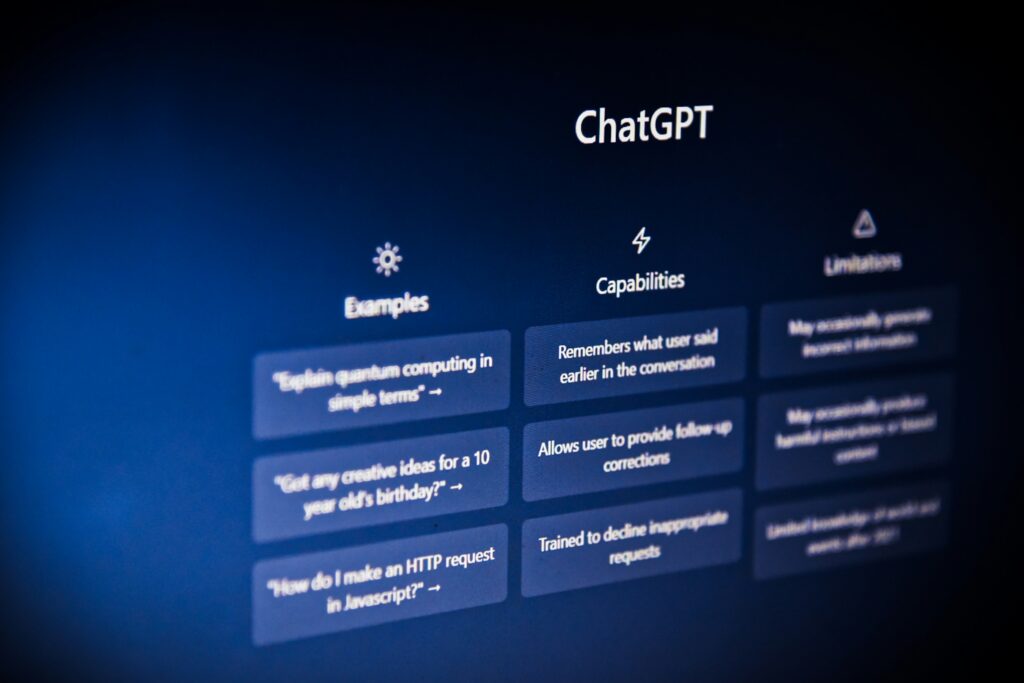In the ever-evolving world of digital marketing, staying ahead isn’t just a competitive advantage – it’s essential. With AI-powered search tools like ChatGPT, Perplexity, and Google’s Search Generative Experience now delivering answers directly to users, there’s a new strategy entering the digital landscape: GEO – Generative Engine Optimisation.
If SEO is the established backbone of online visibility, GEO is the strategic evolution that ensures your brand remains part of the conversation – even if no clicks occur.
Let’s explore what GEO is, how it differs from SEO, and why both are critical to a future-proof digital strategy.

What is GEO?
GEO is the process of optimising your content to be discovered, understood, and referenced by AI-powered search engines and large language models. Rather than relying solely on users clicking through search engine results, GEO ensures your brand is cited in the AI-generated answers users are increasingly relying on.
Imagine a potential client asking ChatGPT, “Who are the best web design agencies in the UK?” – and your business is mentioned in the response. That’s the power of GEO.
While SEO seeks to attract traffic through search engine rankings, GEO focuses on earning brand mentions, increasing authority, and becoming a trusted source in AI-driven results.
GEO vs SEO: Key Differences
Here’s how GEO and SEO compare in terms of audience, goals, content style, and performance metrics:
| Feature | SEO | GEO |
|---|---|---|
| Audience | Human users on search engines like Google and Bing | AI tools such as ChatGPT, Perplexity, and Google SGE |
| Goal | Increase website visibility and organic traffic | Increase brand visibility within AI-generated responses |
| Content Style | Keyword-focused, technically structured, link-oriented | Clear, factual, concise, often Q&A-style |
| Measurement | Clicks, bounce rates, on-site engagement | Mentions, citations, presence in AI-generated content |
| Outcome | Site traffic and conversions | Brand trust and authority |
Rather than choosing one over the other, the ideal approach is to integrate both. SEO continues to deliver website traffic, while GEO ensures your content is discoverable and reputable within the answers AI tools generate.
Why GEO Matters
AI-driven search experiences are rapidly changing how users access information. Many now receive their answers directly from AI engines without ever clicking a link. If your content isn’t optimised for these systems, it risks being excluded from future digital visibility.
Benefits of incorporating GEO into your strategy include:
- Increased brand visibility – Your business becomes part of AI-generated responses, even without clicks.
- Enhanced authority – Frequent references by AI tools reinforce your credibility.
- Long-term relevance – GEO prepares your content for a future where AI search is the norm.
- Strategic synergy – Structured, factual content supports both SEO and GEO goals.

How R50 Implements GEO
At R50, we’re not only building websites and delivering SEO strategies – we’re preparing our clients to become trusted sources within the AI landscape. Our content strategies are now built with GEO in mind, ensuring your business is referenced in the answers people trust.
Our approach includes:
- FAQ-based content formats
- Authoritative and factual insights
- Use of schema markup and structured data
- Content designed to be cited by AI, not just clicked by users
In today’s landscape, being ranked on Google is important, but being mentioned in an AI response is becoming just as valuable.
A Note of Caution
GEO is not a replacement for SEO – it’s a complement. Traditional search engines remain a primary source of traffic for most businesses. While GEO may boost your brand’s reputation through AI mentions, it often doesn’t lead directly to website visits, as many AI tools do not link to sources.
To maximise visibility and growth, both strategies should be implemented together:
- SEO drives traffic
- GEO builds trust and credibility
A dual focus allows you to remain visible in traditional search while ensuring your brand is relevant and referenced in AI-powered content delivery.
Final Thoughts
AI-driven search is no longer a futuristic concept – it’s shaping the way users discover information today. If your content isn’t part of that conversation, it risks falling behind.
At R50, we help businesses build a digital presence that performs across both human and AI search journeys. We structure content that ranks, but also content that resonates – with algorithms, AI models, and the people they serve.
If you’re ready to elevate your content strategy to include both traditional and emerging channels, let’s talk. Because in 2025 and beyond, it’s not just about where your business ranks – it’s about what the AI says when someone asks.

